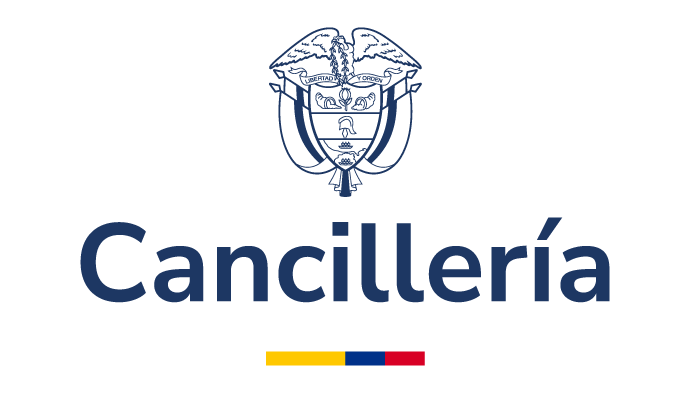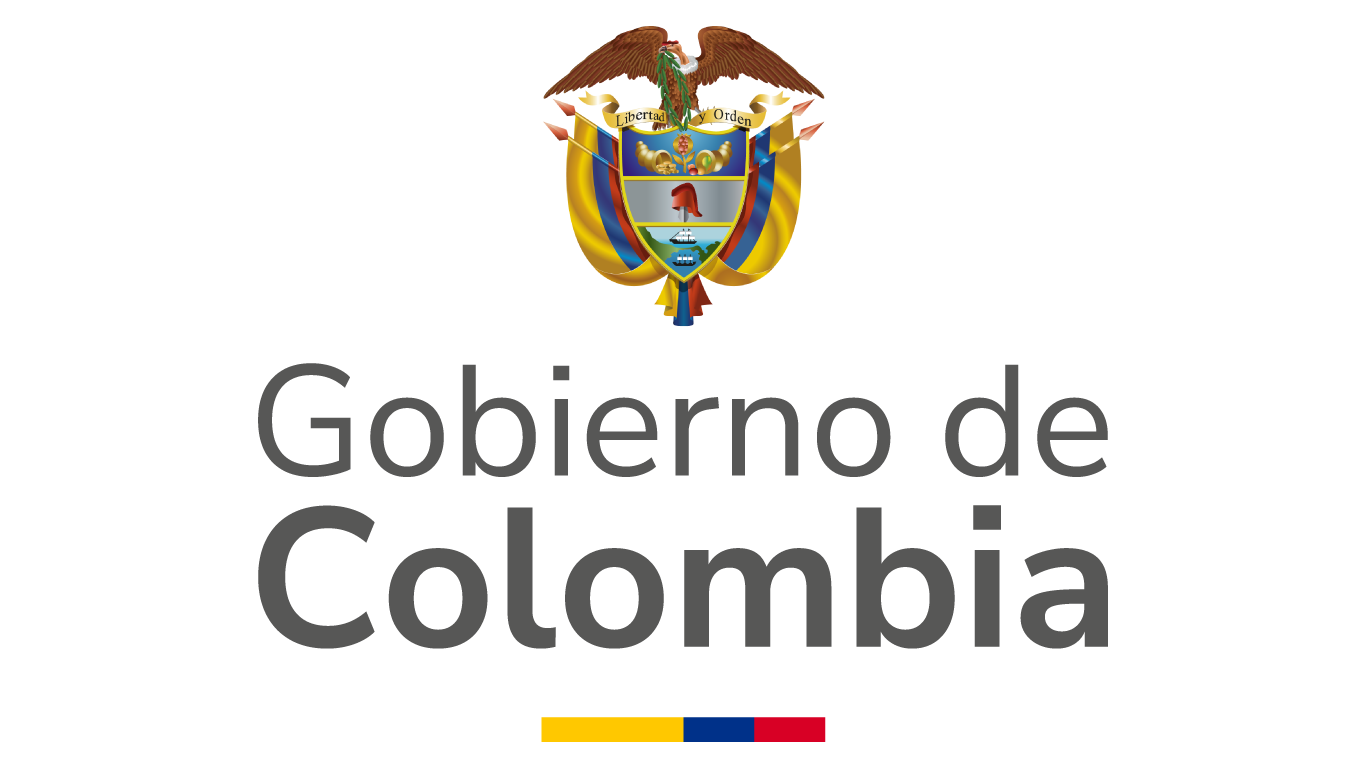The International Committee of the Red Cross (ICRC), established in 1863, works worldwide to provide humanitarian assistance to people affected by conflict and armed violence and to promote the laws that protect victims of war. An independent and neutral organization, its mandate stems essentially from the Geneva Conventions of 1949, the 1977 Additional Protocols I and II, the 2005 Additional Protocol III and the statutes of the Movement. It is present in 80 countries and financed mainly by voluntary donations from governments, zone organizations and from the national Red Cross and Red Crescent societies, municipal authorities, the private sector, and regular people.
Since its foundation, the ICRC has played a humanitarian role. It has continuously worked to persuade States to expand the legal protection of war victims, to limit suffering. The ICRC is committed to responding rapidly and effectively to the humanitarian needs of people affected by armed conflict or by a natural disaster occurring in a conflict area.
The main activities are:
- Visiting Detainees: the ICRC visits both war prisoners as well as civilian internees at times of armed conflict. When possible, the ICRC also visits persons detained in other violent situations. The aim of the visits is to ensure that detainees are treated with dignity and humanity, in accordance with international norms and standards.
- Protecting civilians: According to the Geneva Conventions of 1949 and their Additional Protocols of 1977, civilians and all persons not taking part in combat may, under no circumstances, be the object of attack and must be spared and protected. ICRC works to enforce such protection.
- Health: The goal of ICRC’s Health Unit activities is to give people affected by conflict access to basic preventive and curative health care that meets universally recognized standards.
- Building respect to rights: The ICRC's mission is to protect the lives and dignity of victims of war and other situations of violence, and to provide them with assistance. One way in which the ICRC does this is to ensure respect for the rights of people affected.
The ICRC is governed by an Assembly, an Assembly Council (a subsidiary body with certain delegated powers) and a Directorate (the executive body). Both the Assembly, with up to 25 co-opted members of Swiss nationality, and the Assembly Council are chaired by a director. He is assisted by two Vice-Presidents. The work of the ICRC observes the Fundamental Principles of the Movement, especially those of neutrality, impartiality and independence.
The International Movement of the Red Cross and the Red Crescent is the biggest humanitarian net of the world, and its mission is to prevent and to relieve, in all the circumstances, the human sufferings; to protect the life and health, and to make the human person be respected, especially in time of armed conflict and in other situations of urgency. It is present in all the countries and millions of volunteers support it.
The movement is composed by the International Committee of the Red Cross (ICRC), the International Federation of Red Cross and Red Crescent Societies and the 189 individual National Societies. Each has its own legal identity and role, but they are all united by seven Fundamental Principles. These principles are humanity, impartiality, neutrality, independence, voluntary service, unity and universality.
Colombia in ICRC
Colombia ratified the Geneva Conventions in 1961, the Additional Protocol I in 1993 and the Additional Protocol II in 1995.
The International Committee of the Red Cross (ICRC) possesses offices in Colombia from 1973, based on the Agreement signed in 1980 and updated in 1996. The abovementioned operation is the largest in the American continent. The principal activities of the ICRC in Colombia are: protection of the civil population, assistance to the displaced people and the communities affected by conflict, help to the people affected by the contamination of weapons, support to the relatives of missing people, visits to the detainees, promotion of the international humanitarian law (IHL) and cooperation with the Colombian Red Cross.
Colombia participates actively in the International Conferences of the Red Cross and the Red Crescent every four years. In this moment Colombia makes part of the discussions on the Strengthening of Compliance with International Humanitarian Law and of the meetings on Protecting Persons Deprived of their Liberty.
Statements of Colombia








